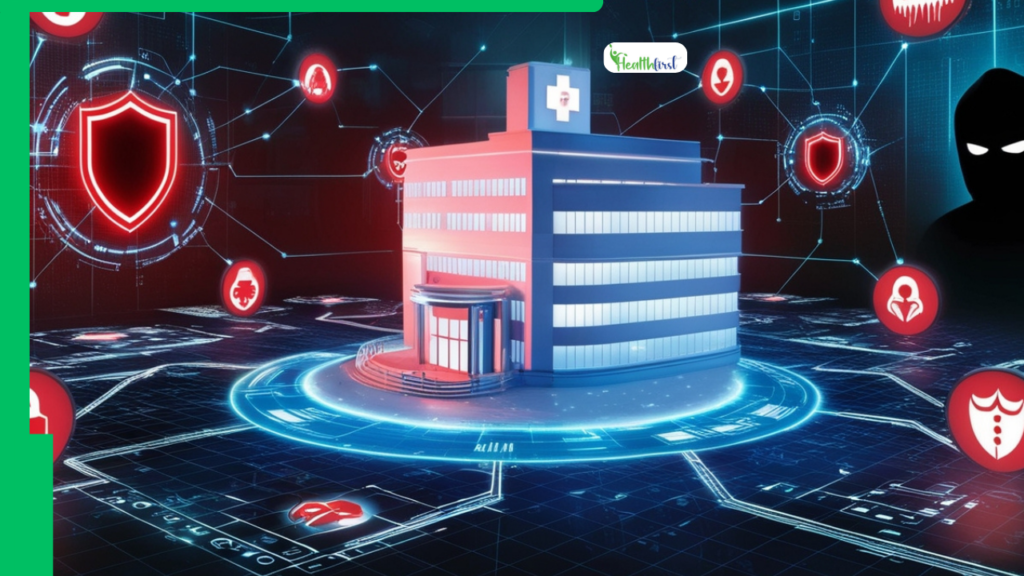Mumbai: The healthcare sector in India has emerged as the most targeted industry for cyber threats, according to the latest cyber threat report released by Seqrite, the enterprise security arm of Quick Heal, a global provider of cybersecurity solutions. The report, prepared by researchers at Seqrite Labs, India’s largest malware analysis facility, in collaboration with the Data Security Council of India (DSCI), highlights a concerning trend, with healthcare accounting for 21.82% of all detected cyber threats in 2024, surpassing other high-risk industries such as hospitality (19.57%) and banking, financial services, and insurance (17.38%).
The report, titled ‘India Cyber Threat Report 2025’, also reveals that the healthcare industry experienced an average of 37.29 detections per endpoint, the highest among all sectors analyzed. This vulnerability is attributed to several factors, including the sensitive nature of medical data, outdated systems, and the rapid digitization of healthcare services such as electronic health records and telemedicine platforms. These elements have made healthcare organizations attractive targets for sophisticated cybercriminals.
Malware detections in the healthcare sector were dominated by Trojans, which accounted for 43.38% of all threats. Infectors followed at 34.23%, while worms constituted 8.43%. These malicious programs often exploit vulnerabilities in legacy systems or use phishing tactics to gain unauthorized access to networks. The report also noted that ransomware, though comprising a smaller percentage of detections at 0.30%, remains a significant threat due to its potential to disrupt critical healthcare operations.
Geographically, Telangana recorded the highest detection rate in India with 55.90 detections per endpoint, followed by Tamil Nadu and Delhi. The report also highlights the vulnerability of major urban centers, with Surat leading at 69.34 detections per endpoint, followed by Bengaluru and Jaipur. The prominence of these regions reflects their advanced digital infrastructure and high concentration of technology-driven industries, which inadvertently increases their exposure to cyber risks.
Emerging threats targeting the healthcare sector included Advanced Persistent Threats (APTs), vulnerabilities in the Internet of Medical Things (IoMT), supply chain attacks, and AI-powered attacks. These sophisticated threats exploit the increased digitization and interconnectedness of healthcare systems, posing significant risks to patient data and critical healthcare services.
To combat these evolving threats, Seqrite recommends conducting regular security audits, employee training on cybersecurity best practices, implementation of advanced threat detection systems, and collaboration with cybersecurity firms. The findings of the ‘India Cyber Threat Report 2025’ underscore the critical need for the healthcare industry to prioritize cybersecurity investments and strengthen defenses against the growing tide of cyberattacks.
The implications of these findings extend beyond the healthcare sector, highlighting the need for a comprehensive, nationwide approach to cybersecurity. As India continues its digital transformation, protecting critical infrastructure, including healthcare systems, becomes paramount for national security and public health. The joint report prepared by Seqrite and DSCI serves as a wake-up call for healthcare providers and policymakers to bolster their defenses and adapt to the rapidly evolving cyber threat landscape.









